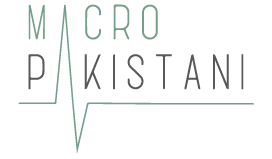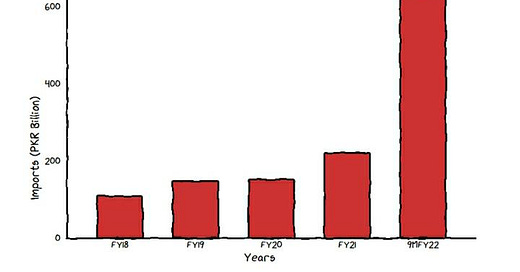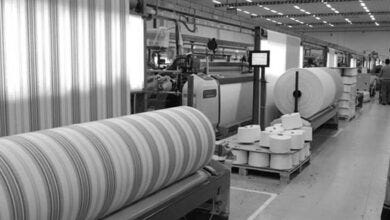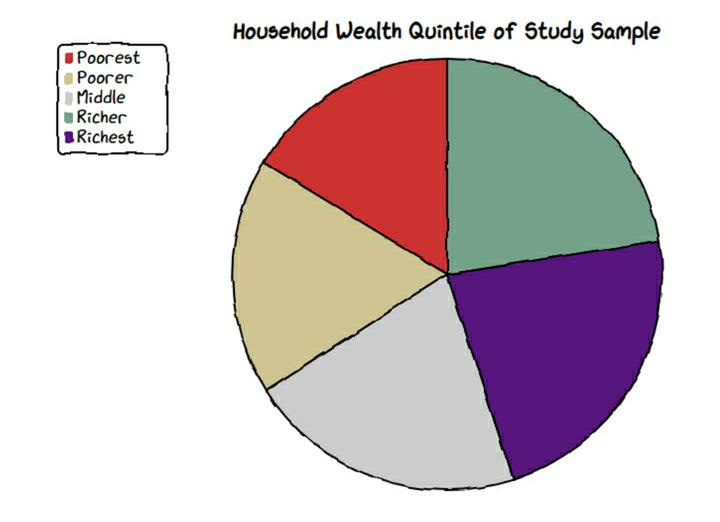Cutting the Gordian Knot
Pharmaceutical imports in 9M FY 22 increased to PKR 642 billion, around 3.6x times more than FY 21.
As is common for most industries in Pakistan, the pharmaceutical industry is also reliant on imported raw materials. Manufacturers claim an increase of over 60% in the cost of raw materials in recent years.

The increases in global prices of raw materials, the devaluing Rupee, and additional taxes on the pharmaceutical industry have led to an increase in the cost of production. Additionally, the increase in the policy rate by the State Bank will further add to the cost due to the industry's reliance on borrowing. However, the government is turning a blind eye to the pleas made by pharmaceutical manufacturers.
As is common for most industries in Pakistan, the pharmaceutical industry is also reliant on imported raw materials. Manufacturers claim an increase of over 60% in the cost of raw materials in recent years. This is pertinent in understanding an overall jump in CPI inflation for major commodities. Yet, the Drug Regulation Authority controls drug prices relative to inflation, thereby making it difficult to shift increasing costs onto the consumer. Consequently, around 16 multinational companies in Pakistan’s pharmaceutical sector have left the country In the last decade or so.
Owing to inconsistent policies, and regulations, the industry has observed an increase in imports and a decrease in contribution to GDP. Furthermore, the government’s expenditure on health has remained stagnant over the past few years. An Aga Khan research found that in the outpatient setting, medicines, and vaccines accounted for about 75.4% of out-of-pocket expenditures. Additionally, subjects belonging to the poorest quintile represented the lowest percentage of people who sought care, around 16.4% for outpatient procedures.
The impact of the government’s ineffective regulation is probably doing more harm than good. A wholesome policy framework is required to protect the most vulnerable in the country.
Textile in Trouble
Recently the fear of a default by textiles is looming in the industry. Most of the textile mills run at less than 50% of their production capacity. A letter from APTMA warned that if the economic conditions do not improve, more than 10 million people might lose their job along with $10 billion in export revenue.
Osama Rizvi, in his article for Macro Pakistani explained the various factors impacting the textile sector. READ MORE
GRAPHICS
Data Visualization & Marketing Partner: Brand Nib
Visit: https://macropakistani.com/advertise/
Improve brand awareness for your startup/business or amplify the reach of your ongoing marketing campaigns by promoting them on Macro Pakistani. We have previously done/are doing successful paid collaborations with:
Send an email to hello@macropakistani.com
About Us: Macro Pakistani is a data-driven research platform that aims to provide a basic understanding of Pakistan’s economy. If you have an interest in contemporary news but are currently overburdened with sensationalism and specialized vocabulary, we are the platform for you.
How are we doing? Please send us any questions, comments or suggestions by replying to this email.




